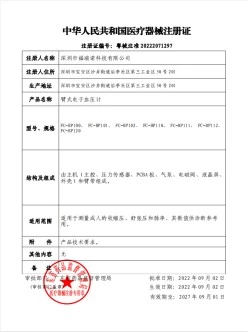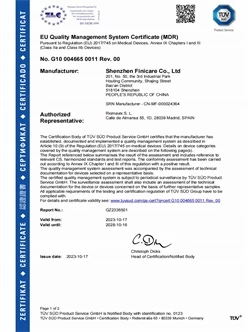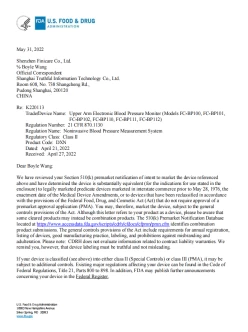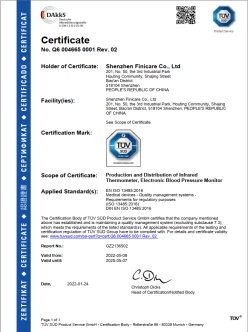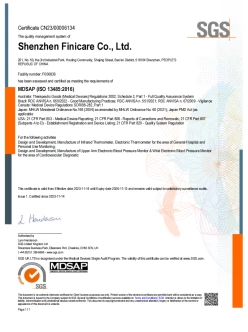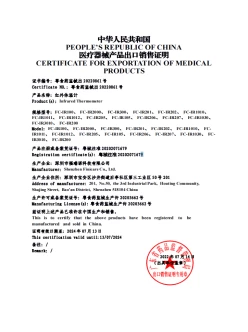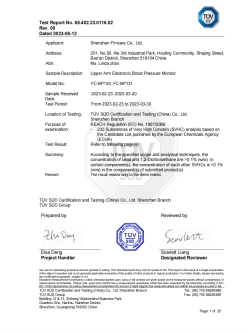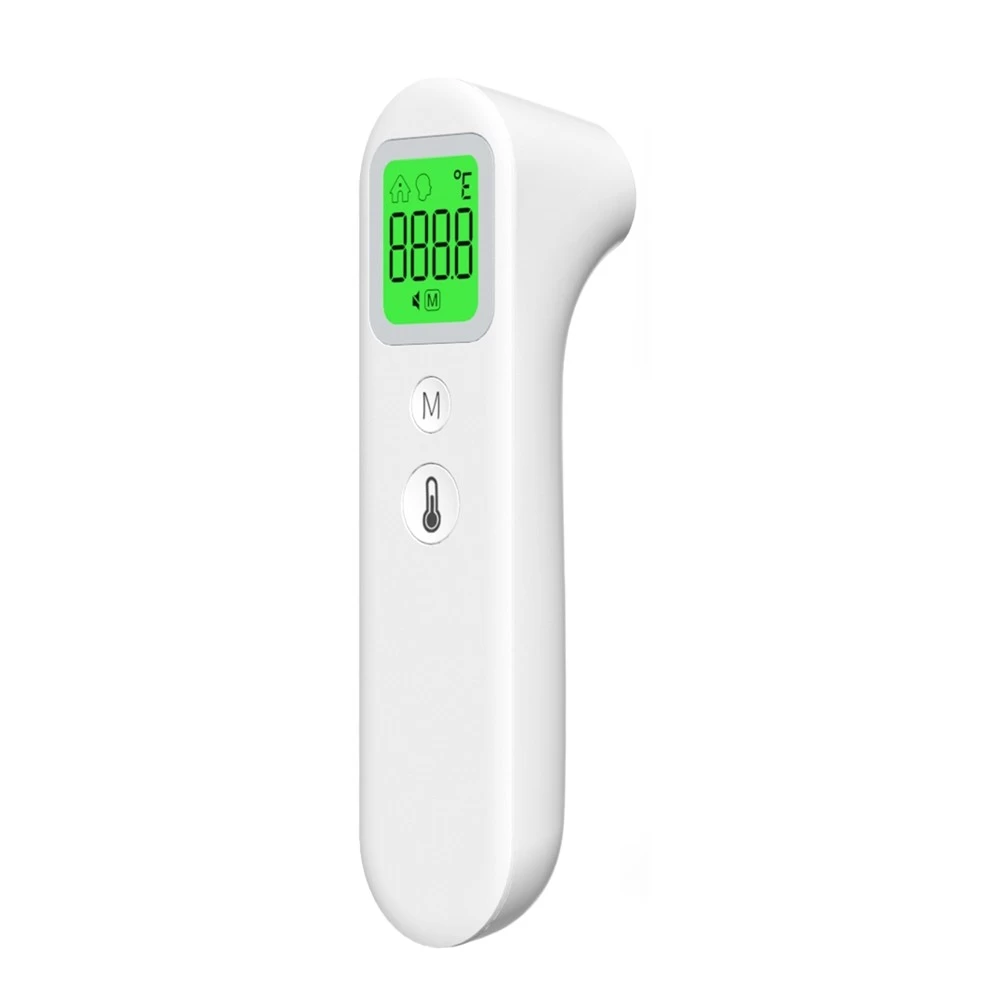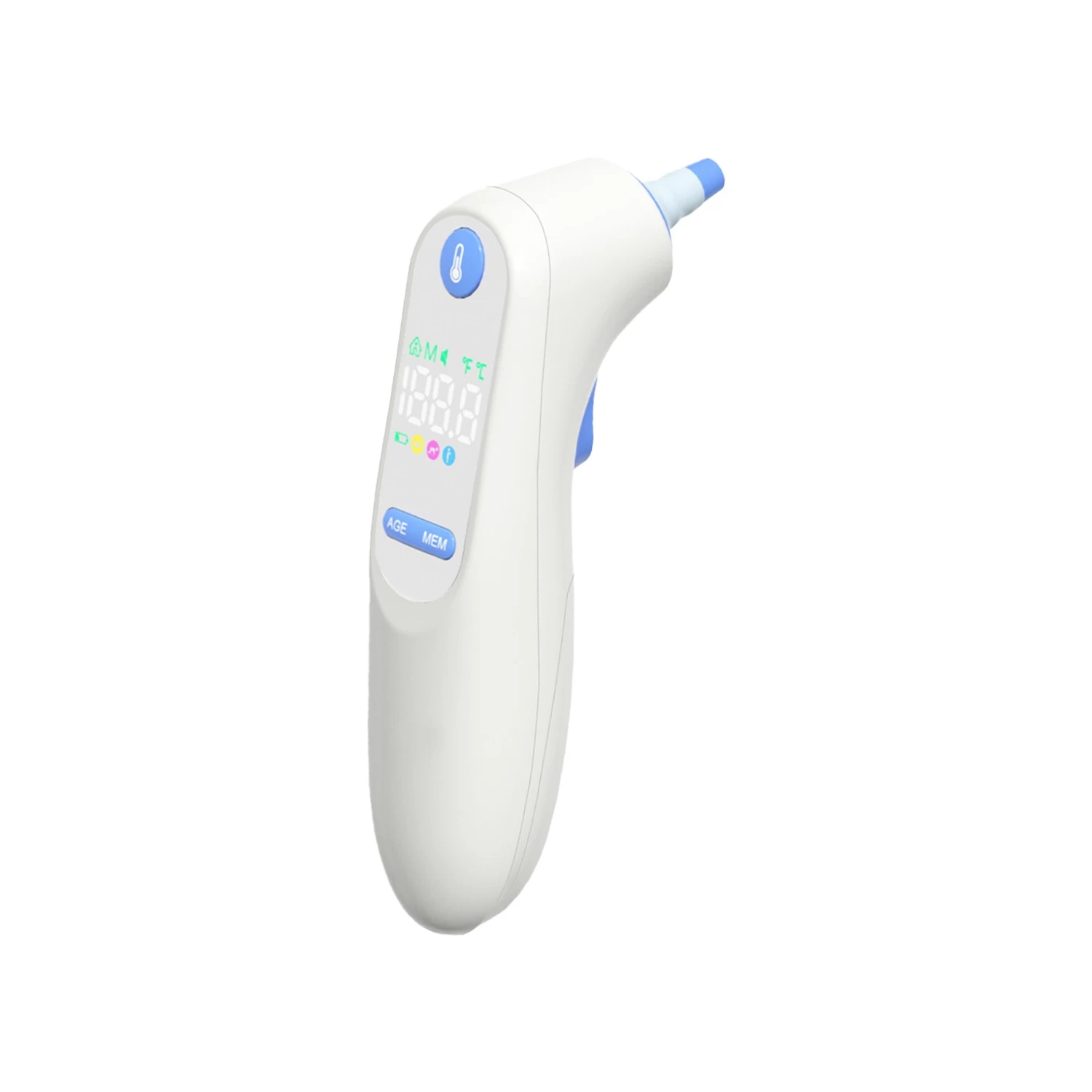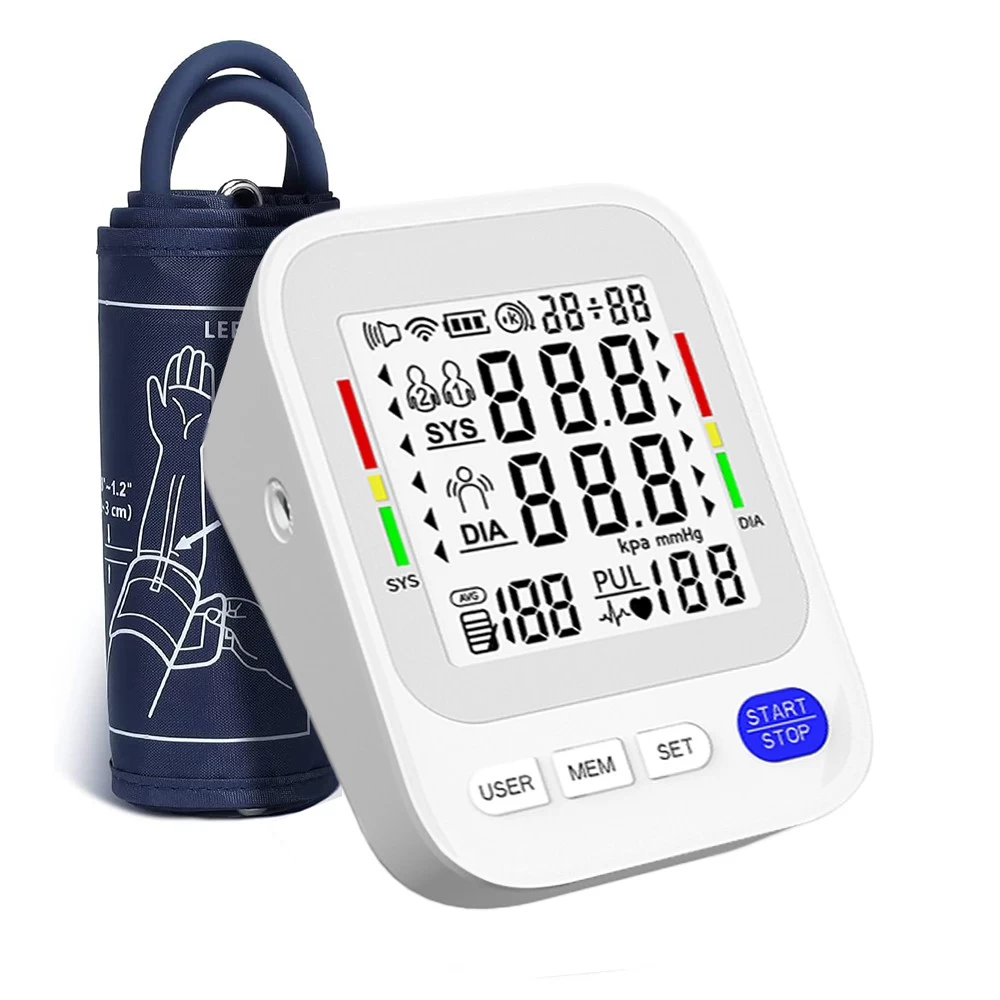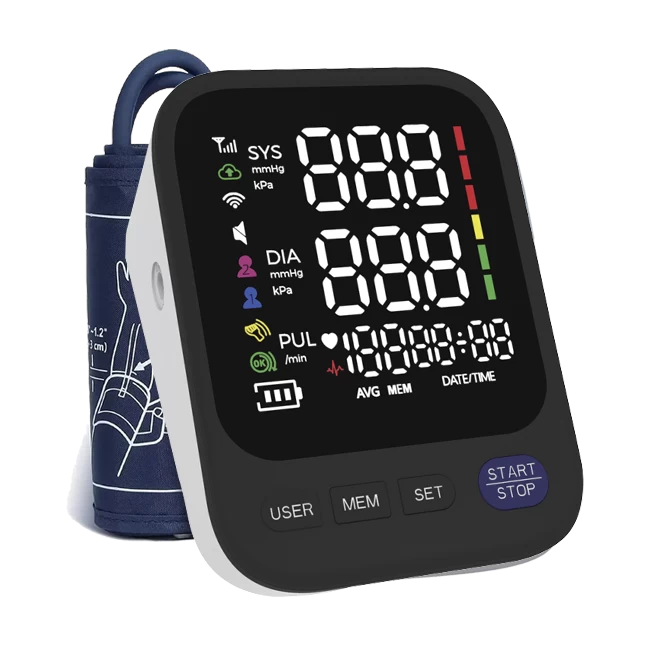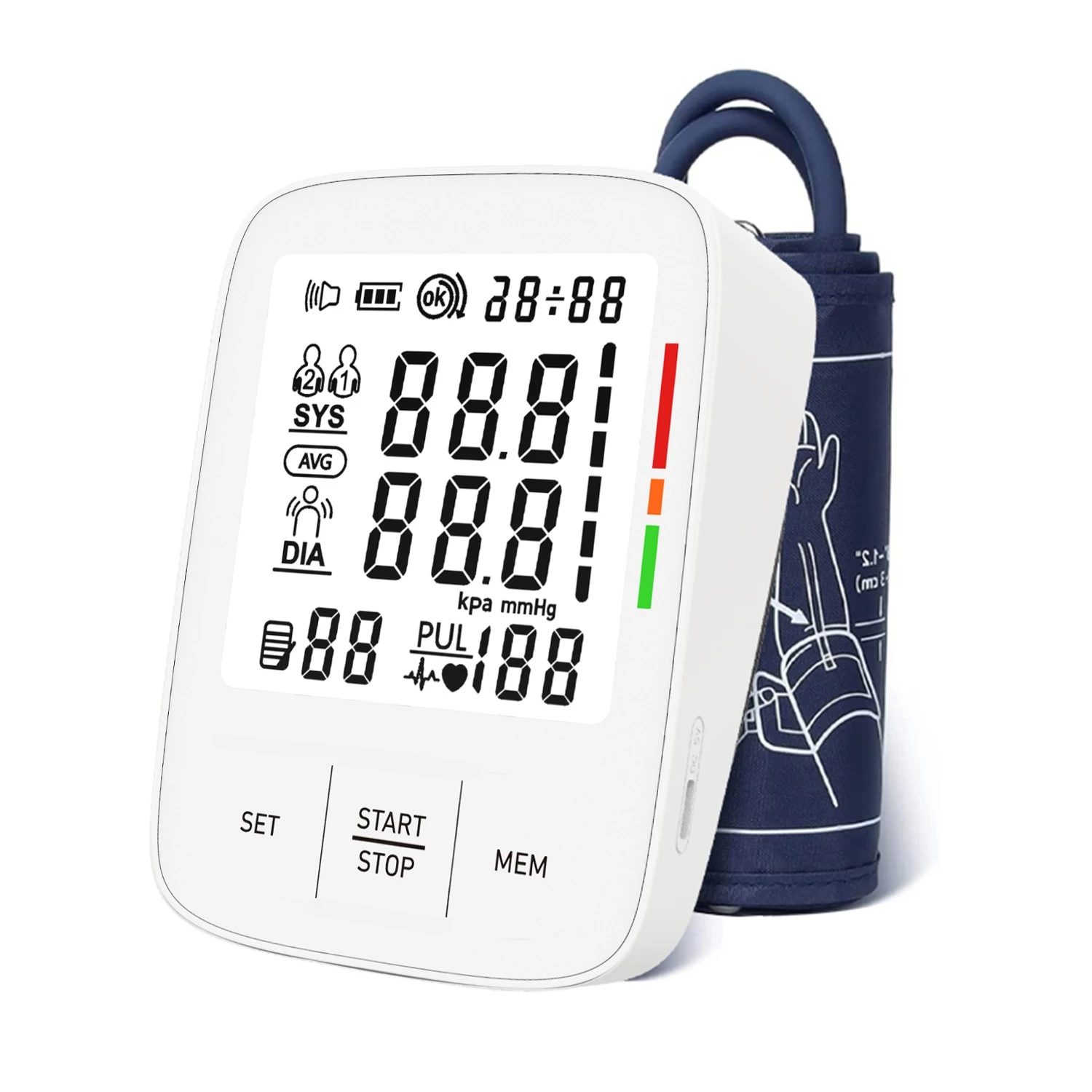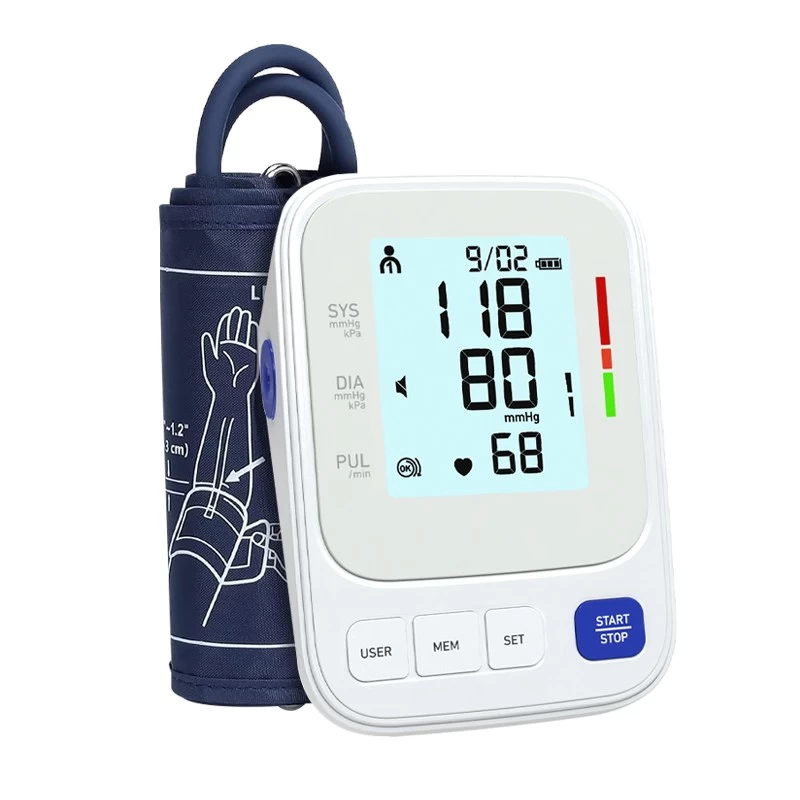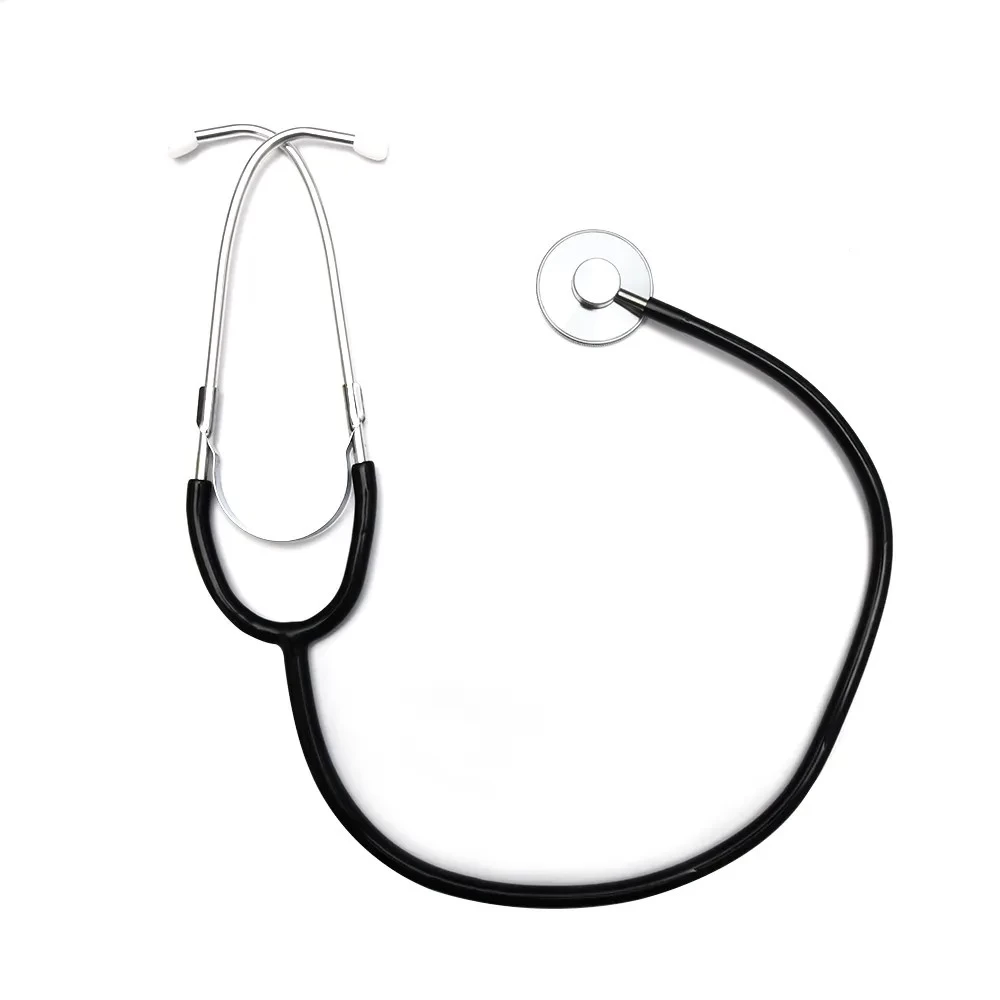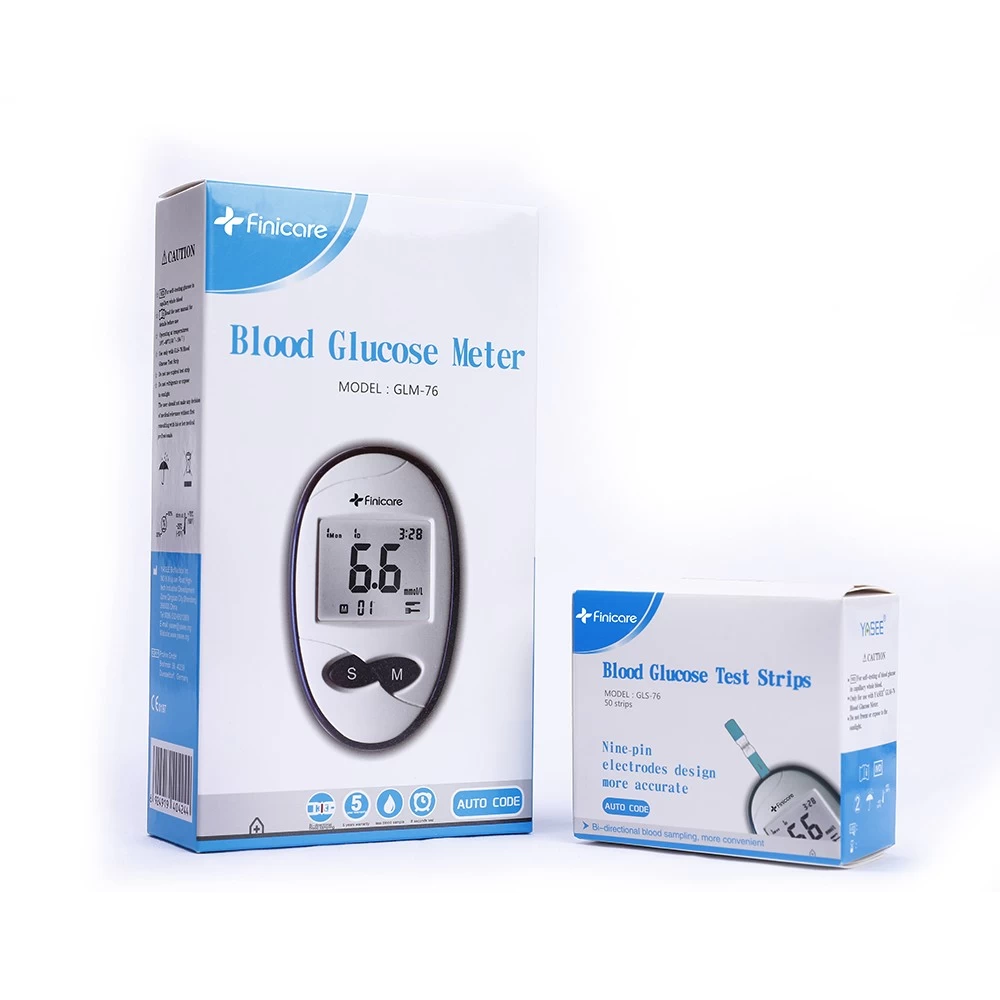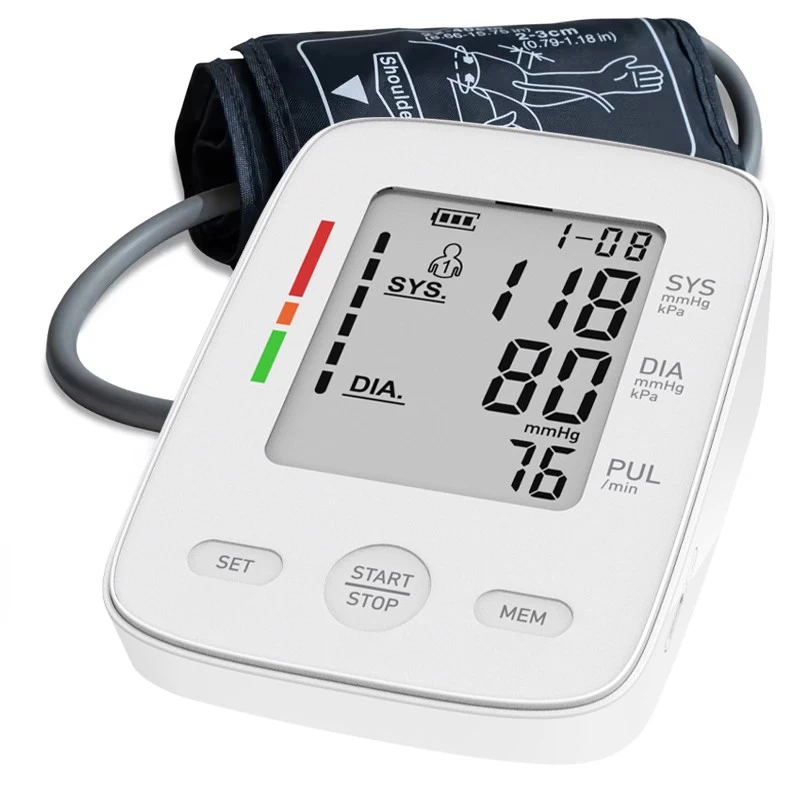Worst Alcohol for High Blood Pressure

High blood pressure, or hypertension, is a global health concern affecting nearly 1.3 billion people worldwide, according to the World Health Organization (WHO). Often called the "silent killer," it significantly increases the risk of heart disease, stroke, and kidney failure. While lifestyle factors like diet, exercise, and stress management play critical roles in managing hypertension, alcohol consumption remains a controversial and frequently misunderstood contributor. Not all alcoholic beverages are created equal when it comes to blood pressure impact. This article explores the worst types of alcohol for individuals with high blood pressure, backed by scientific evidence, and offers actionable advice for making safer choices.
Table of Contents:
1.Understanding the Link Between Alcohol and Blood Pressure
2.The Worst Alcohol Types for Hypertension
3.Why Moderation Alone Isn’t Enough
4.Safer Alternatives and Practical Tips
1.Understanding the Link Between Alcohol and Blood Pressure
Before identifying the worst offenders, it’s essential to understand how alcohol affects blood pressure. Alcohol influences the cardiovascular system in multiple ways:
Acute Effects: Even small amounts of alcohol can cause a temporary spike in blood pressure by stimulating the sympathetic nervous system, which constricts blood vessels.
Chronic Effects: Long-term heavy drinking damages arterial walls, promotes inflammation, and disrupts electrolyte balance (e.g., low potassium levels), all of which contribute to sustained hypertension.
Weight Gain: Alcohol is calorie-dense, and excessive consumption often leads to obesity—a major risk factor for hypertension.
The American Heart Association (AHA) advises that men limit alcohol to two drinks per day and women to one drink per day to minimize cardiovascular risks. However, specific types of alcohol may pose greater dangers due to their composition, serving size, or cultural consumption patterns.
2.The Worst Alcohol Types for Hypertension
Below are the alcohol categories most strongly associated with blood pressure elevation, ranked by their potential harm.
1. Sugary Cocktails and Mixed Drinks
Sweetened cocktails top the list as the worst alcohol for hypertension. Beverages like margaritas, piña coladas, and daiquiris often contain:
High fructose corn syrup or sugary mixers: Excess sugar intake is linked to insulin resistance, weight gain, and inflammation—all of which exacerbate hypertension.
Large serving sizes: A single margarita can equate to 3–4 standard drinks due to added liqueurs and syrups.
Sodium content: Some pre-made mixes (e.g., Bloody Marys) are high in salt, further straining blood pressure.
A 2019 study in Hypertension found that sugary alcoholic drinks caused a 7–10 mmHg spike in systolic blood pressure within hours of consumption, compared to a 2–4 mmHg rise from dry wine or spirits.
2. High-Proof Spirits (e.g., Whiskey, Vodka, Rum)
Distilled spirits like whiskey (40–50% alcohol by volume) deliver a concentrated dose of ethanol, which can:
Dehydrate the body: Alcohol is a diuretic, reducing blood volume and triggering compensatory mechanisms that raise blood pressure.
Impair medication efficacy: Alcohol interacts poorly with common hypertension drugs like beta-blockers or ACE inhibitors.
Encourage binge drinking: Shots or neat spirits are often consumed rapidly, leading to sudden blood pressure surges.
Research in The Lancet highlights that spirits drinkers have a 24% higher risk of hypertension compared to wine drinkers, even when total alcohol intake is matched.
3. Beer (Especially Heavy or Craft Varieties)
While beer is often perceived as "lighter," certain types pose hidden risks:
High alcohol content: Craft beers or IPAs can exceed 8% ABV, doubling the ethanol per serving compared to standard lagers.
Caloric density: Regular beer drinkers are prone to weight gain and "beer belly" visceral fat, which releases hormones that raise blood pressure.
Social drinking norms: Beer is frequently consumed in larger quantities (e.g., pints vs. wine glasses), increasing overall alcohol load.
A meta-analysis in Alcohol and Alcoholism associated daily beer consumption with a 10–15% higher hypertension risk than occasional drinking.
4. Fortified Wines (e.g., Port, Sherry, Vermouth)
Fortified wines, which have added spirits (brandy) and higher sugar content, are problematic for two reasons:
Alcohol concentration: They typically range from 17–20% ABV, increasing the ethanol burden.
Residual sugars: Sweet varieties like ruby port contain up to 12 grams of sugar per glass, contributing to metabolic dysfunction.
A 2020 study in Nutrition Journal noted that fortified wine drinkers had worse blood pressure control than those drinking dry red or white wine.
3.Why Moderation Alone Isn’t Enough
Even within recommended limits, certain alcohols are riskier for hypertensive individuals due to:
Additives: Pre-mixed drinks often contain preservatives, artificial flavors, or stimulants (e.g., caffeine in alcoholic energy drinks) that strain the cardiovascular system.
Behavioral factors: Drinking games, social pressure, or pairing alcohol with salty snacks (e.g., peanuts, pretzels) can compound harm.
Genetic susceptibility: Some people possess variants of the ADH or ALDH genes that slow alcohol metabolism, prolonging its hypertensive effects.
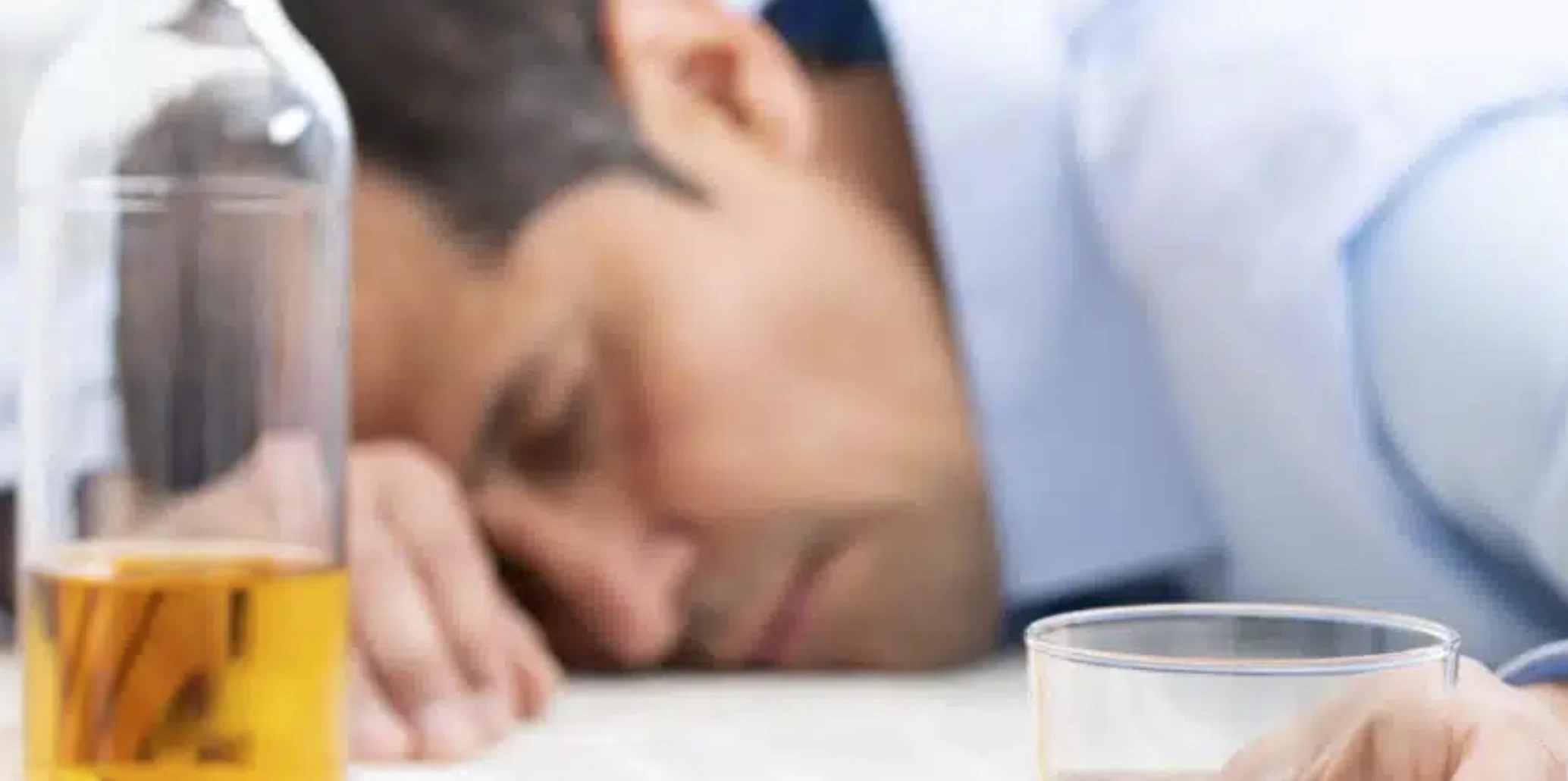
4.Safer Alternatives and Practical Tips
For those unwilling to quit alcohol entirely, consider these strategies:
Opt for dry wines: Red wine, in moderation, contains polyphenols like resveratrol, which may modestly improve vascular function.
Dilute spirits: Mix vodka or gin with soda water and fresh lime instead of sugary tonics.
Avoid binge drinking: Spread consumption over time and hydrate with water between drinks.
Monitor BP regularly: Use a home blood pressure monitor to track how different beverages affect you.

5.Conclusion
While no alcohol is truly "safe" for hypertension, sugary cocktails, high-proof spirits, heavy beers, and fortified wines are the worst culprits. Their high ethanol concentration, added sugars, and cultural consumption patterns amplify blood pressure risks. For individuals with hypertension, minimizing or avoiding these beverages—while adhering to strict moderation—is a critical step in safeguarding cardiovascular health. Always consult a healthcare provider to personalize dietary and lifestyle choices based on your unique health profile.
By making informed decisions, those with high blood pressure can better navigate social drinking scenarios without compromising their long-term well-being.

